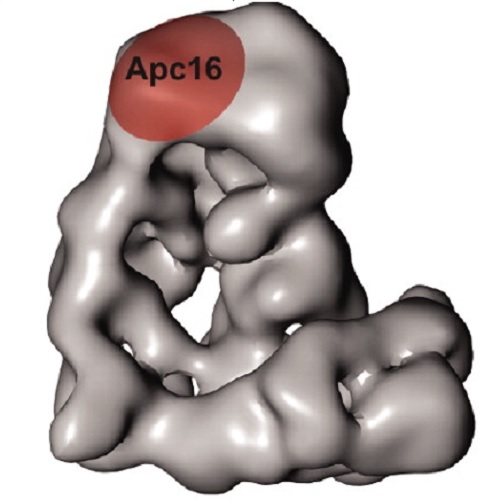Systematic analysis of human protein complexes identifies chromosome segregation proteins.
Chromosome segregation and cell division are essential, highly ordered processes that depend on numerous protein complexes. Results from recent RNA interference screens indicate that the identity and composition of these protein complexes is incompletely understood. Using gene tagging on bacterial artificial chromosomes, protein localization, and tandem-affinity purification-mass spectrometry, the MitoCheck consortium has analyzed about 100 human protein complexes, many of which had not or had only incompletely been characterized. This work has led to the discovery of previously unknown, evolutionarily conserved subunits of the anaphase-promoting complex and the gamma-tubulin ring complex--large complexes that are essential for spindle assembly and chromosome segregation. The approaches we describe here are generally applicable to high-throughput follow-up analyses of phenotypic screens in mammalian cells.

- Science 2010 Apr 30;328(5978):593-9
- 2010
- Cell Biology
- 20360068
- PubMed
Enabled by:
